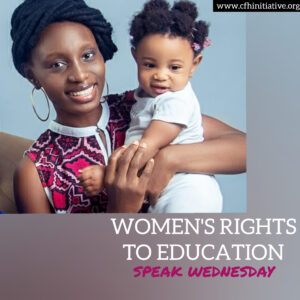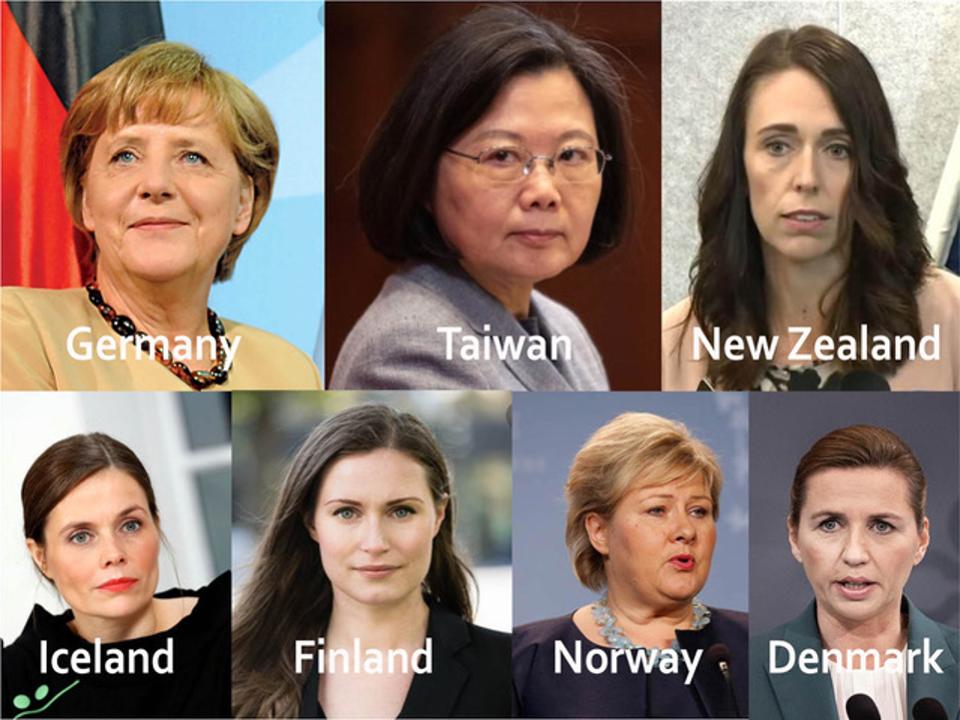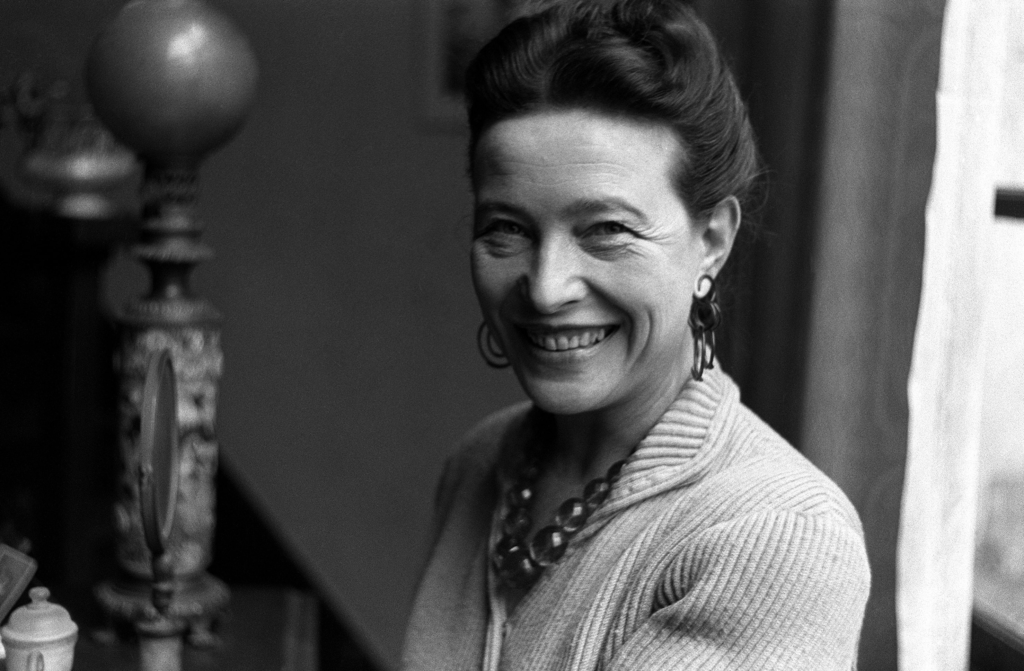WOMEN’S RIGHTS TO EDUCATION

Education is a basic human right and has been recognized as such since the 1948 adoption of the Universal Declaration on Human Rights. Every one has the human right to education, training and information. Despite widespread agreement that all people have the fundamental human right to education, the United Nations Statistics Division states that 100 million children, with 60% of them being girls, do not have access to primary education. 960 million adults in the world are illiterate, and more than two-thirds of them are women. Women and girls continue to face discrimination at all levels of education, a fact which poses grave hindrance to their advancement. Equality of access to all levels of education is crucial to empowering women and girls to participate in economic, social and political life of their societies. Education unlocks a woman¹s potential, and is accompanied by improvements in health, nutrition, and well-being of women and their families.
According to the United Nations office of the high commissioner on Women and the right to education, it says: “Article 10 of the Convention on the Elimination of All Forms of Discrimination against Women, states that the right to education is the entitlement to access free primary education, and to have equal opportunities to continue with further studies. Such education must be inclusive and accessible to girls and boys, women and men, in law and in practice. Education is not only a right in itself, but is also the surest way to empower individuals to enjoy all of their human rights”.
Women in Nigeria have had various challenges in order to obtain equal education in all forms of formal education. Although more women and girls go to school today, the access to formal education is still being constrained especially in rural communities. They face multiple barriers based on gender and its intersections with other factors, such as age, ethnicity, poverty, and disability. Other barriers to access quality education include among others: harmful gender stereotypes and wrongful gender stereotyping, child marriage, early and unintended pregnancy, paid and unpaid care work which continues to be disproportionately borne by women and girls, gender-based violence against women and girls, lack of inclusive and quality learning environments, inadequate and unsafe education infrastructure, including sanitation.
Research shows that there is an improved health and an overall increase in quality of life of educated women. Educated women are more likely to seek proper medical care both for themselves, especially maternal care and their children. Likewise, higher rates of female education correspond with lower HIV and STD rates. There is a less occurrence of child marriages and teenage pregnancies if the prospects are educated. Many experts agree that focusing on women’s education is one of the best investments a developing nation can make, because female education rates are directly correlated with national economic growth. Educated women are more likely to hold stable jobs, less likely to be in poverty, and more likely to contribute to the overall economy.
Speak Wednesday is an initiative of Centre for Family Health Initiative to stop the cycle of domestic violence by breaking the silence around gender-based violence and gender bias. Join us every Wednesday on all our social media handles for more episodes.


